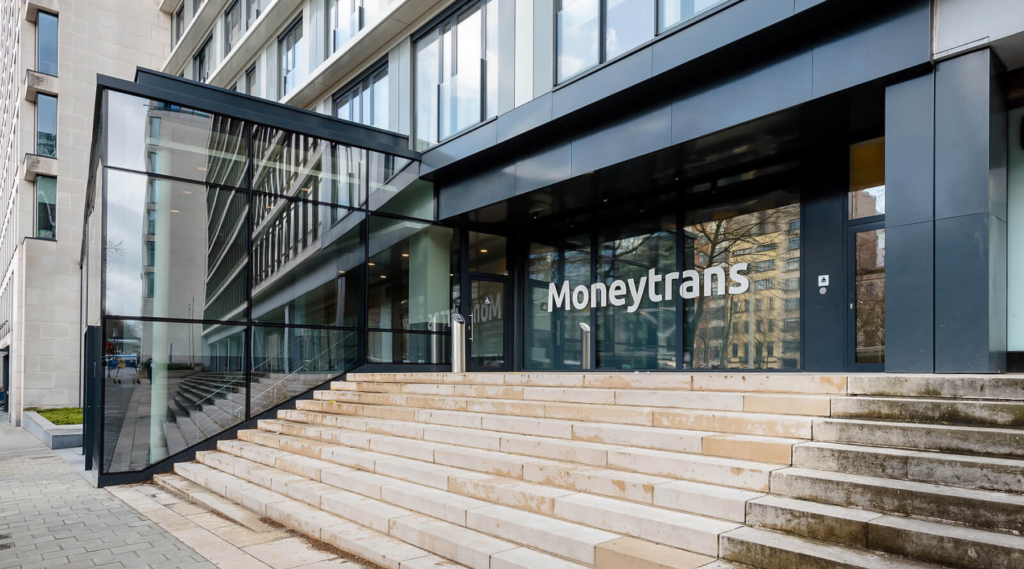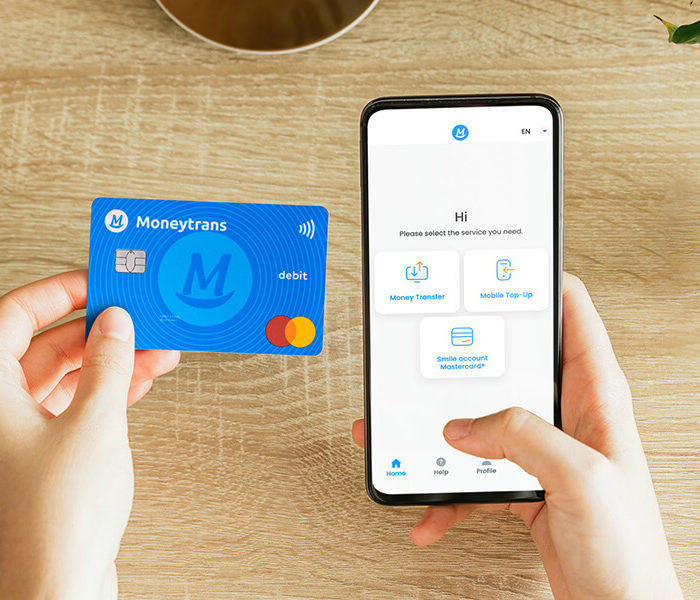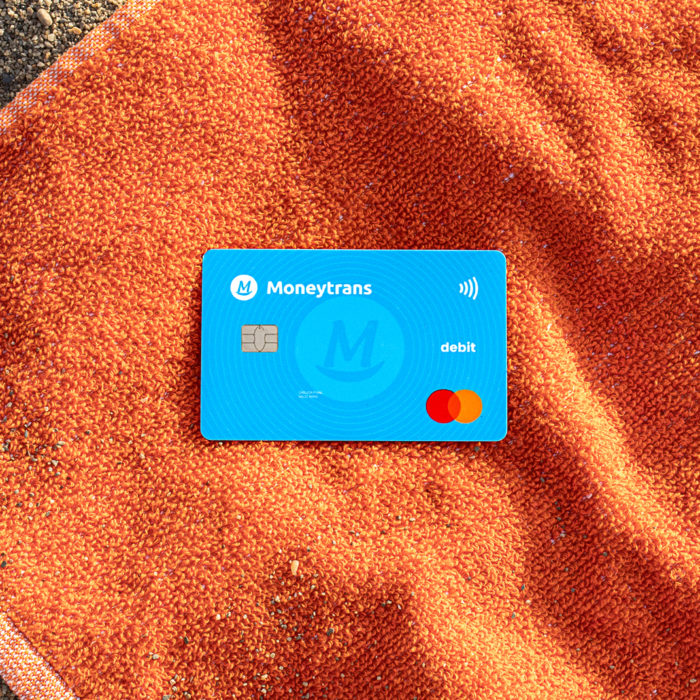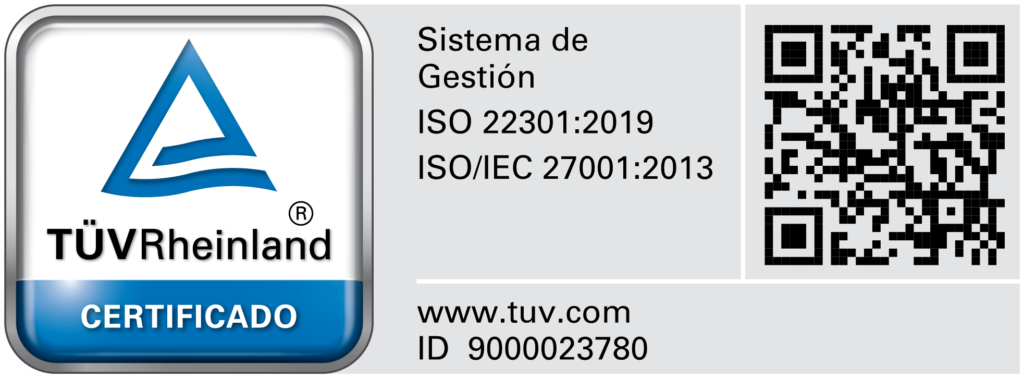Understanding the importance of financial education and how to take advantage of it will be of great help to improve our savings. At Moneytrans, we share all the keys with you!
Financial education, what is it?
Our era is marked by a strong increase in migration in terms of the number of people arriving in Europe. It is therefore becoming imperative to learn new methods for a better integration of migrants, especially financially. In this case, the term financial education is the key. But then, what is it? Financial education allows us to understand the economic context in which we evolve and the habits of each person, in order to make the best decisions to better manage our expenses and income. It also helps to select the most advantageous financial services.
The first rule is to distinguish between wants and needs. This seems obvious, but many people ignore this simple rule. Some things are needs, such as finding a place to live, but wanting to live in an expensive flat is probably only a want. By learning financial literacy, saving money, consuming responsibly, and making decisions become quick and easy.
Managing your expenses
Expenses are always a source of stress and trouble. To ensure that they never become a nasty end-of-month surprise, you’ll need to be fully aware of all outgoings, even the smallest ones, and understand how everyone’s different habits impact these. The key tool for this is to remain consistent. There are several ways to do this.
- Use a mobile application to monitor your expenses. It will then be possible to classify them by category and to establish budgets not to be exceeded for each of them. This will show the percentage that each represents compared to the total budget.
- Record your expenses in a spreadsheet. Software such as Excel or GoogleSheet are good alternatives to applications, allowing you to automatically add up your expenses as the month progresses.
- Managing expenses with paper and pencil. Although less modern, this is still an effective way to keep an eye on your budget. For this, a notebook is essential as it will be the ally of this method. Don’t forget to note down small expenses such as a coffee or a bus ticket.
These different methods allow you to have an overview of all your outgoings and to identify unnecessary or unreasonable expenditure. This will allow you to rebalance your budget and make huge savings.
Planning your expenses
Once you have mastered expense management, it is then essential to take stock and ask yourself whether the percentage allocated to each category really corresponds to your needs and priorities. Based on this short analysis, it is then time to establish a budget by setting precise percentages for each category. In this way, it will be possible to compare it with the previous month’s expenditure and adjust it little by little. In this way, saving becomes accessible to everyone! This spending plan will be adjusted over time according to each person’s monthly priorities.
Unfortunately, there is no magic rule or recipe for allocating your expenses. There is, however, the “Pay yourself first” principle. This involves reorganising family expenses by dividing them into monthly savings, essentials, extras, contingencies and dispensables, giving them different priorities.
Another important aspect of financial education is learning to spend money responsibly. Sticking to a spending plan, being able to pay for large expenses in instalments, following offers and discounts and comparing prices are all essential.
All these tips allow for better money management and thus successful integration from an economic point of view.
Saving, why and how to do it?
Migration often leads to unpredictable situations that one must be able to face. For this, saving will be one of the key elements of a good integration. Saving is not a question of income but a question of managing one’s finances. Depending on one’s needs, the amount to be saved will fluctuate. For example, if a migrant has to send money home, he or she will need to have saved a certain amount to be able to support him or herself and his or her family.
Here are some tips on how to save effectively.
- Put money aside at the beginning of the month.
- Set specific goals and deadlines.
- Follow the various promotions through the social networks of money transfer companies such as Moneytrans.
- Reduce spending to save more.
- Stay consistent and always plan ahead.
These tips will allow migrant populations to better adapt to the country in which they will reside.
Protecting yourself through financial literacy
Being informed about fraud and cyber risks is now essential for everyone. In order to manage your finances safely, here are some additional tips.
- Never share your banking information unless it is with an official institution
- Always make sure it is a secure website (if a padlock appears on the left of the URL, this website has a security certificate)
- Do not open suspicious links (email, SMS etc.)
- Equip your electronic devices with anti-virus software.
- Reinforce the complexity of your passwords
- When sending money to the migrant’s country of origin, always have a guarantee that would allow the money transfer to be cancelled if necessary.
What are neobanks?
Nowadays, traditional banking services are often no longer suitable for people with a migrant background. Indeed, they do not exactly meet their needs and tend to scatter financial providers, a waste of money and time.
Unlike traditional banks, there are financial institutions that offer digital and mobile payment solutions in one place: these are the neo-banks. These are estimated to be 4 times cheaper than traditional banks.
In 2019, remittances sent by millions of migrants around the world reached a peak of $554 billion, which represents more than 5% of the national wealth of at least 60 low- and middle-income countries. This money is a vital lifeline for the beneficiaries of these heroes, especially in rural areas. It finances the basic needs of an entire family, but it is also a generator of growth, enabling thousands of people to start their own businesses. Under these circumstances, it is very important to find a money transfer provider that is committed to technology and the digitalisation of its services, as this can significantly reduce costs. In fact, at Moneytrans we have reduced, for example, our clients’ money transfer fees from 5% to 3% with our Moneytrans platform.
Moneytrans offers a solution to reduce these financial costs: we have built the first financial services platform especially dedicated and adapted to migrants! One place for all your financial needs, while focusing on the essentials: receiving, sending money and making payments!







